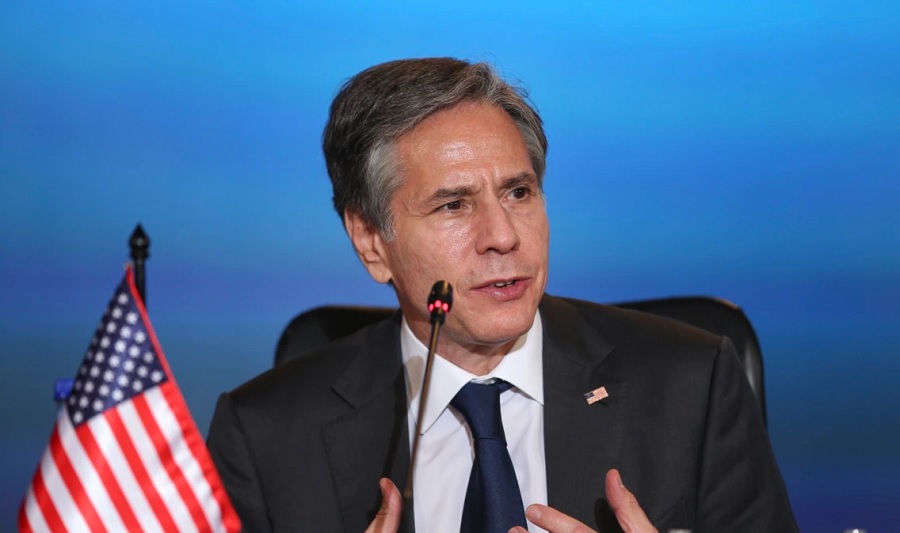RIO DE JANEIRO, BRAZIL – The Ministerial Conference on Migration was led by Colombia’s Vice President and Foreign Minister Marta Lucia Ramirez, and was attended by U.S. Secretary of State Antony Blinken and ministers from Ecuador, Peru, Panama, Mexico, Guatemala, El Salvador and the Dominican Republic, all affected by the hemisphere’s diverse crises.
“The migration challenge we face in the hemisphere is not the problem of a single country, it is a shared problem and cannot be solved by a single country, we must solve it together. This is the spirit that unites us today and I hope that this will be the basis for the work we will do together,” Blinken said upon opening the meeting.

The Secretary of State explained that the fact that migration does not flow “in one direction or for one reason” is complex as it challenges the region’s “collective capacity” to address it.
“This great challenge of migration also calls for a multidimensional, multilevel, multisectoral, large-scale approach,” the Colombian Foreign Minister said.
According to Ramírez, a balance must be found between “solutions that address the current situation and allow us to advance in the short term” and other long-term solutions that can respond to “these systemic failures in governance, in development, the lack of opportunities and the absence of a much more effective presence of the State in these territories.”
SHORT-TERM PROBLEMS
Both Blinken and Colombian President Iván Duque agreed that “specific immediate steps” with prompt results must be taken to slow down the flow and make migration “safer, more orderly and humane.”
“We must do numerous things immediately, such as strengthening border surveillance, for example, demanding visas and meticulously controlling entry (to the countries),” the head of U.S. diplomacy pointed out.
Along these lines, President Duque, whose country is the largest recipient of Venezuelan migrants with 1.8 million, presented three proposals which he believes will help address the issue.
The first is his request for international cooperation agencies to conduct a census to determine how many migrants are currently in the American countries, because “without accurate data we will not develop precise public policies.”
The second is that based on this census, decisions should be taken on the type of visas to be granted to migrants, whether permanent or temporary, and for which there should be “great cooperation” between the countries that receive them.
“Colombia extends its full cooperation to share our own experience in the development of public policies and the temporary protection status itself to other countries facing a similar Venezuelan migration phenomenon because this would allow all of us to work together,” he added.
Colombia has implemented solidarity measures, such as the Temporary Protection Status, to provide Venezuelan migrants with decent living conditions, transparent access to state institutions and integrate them into the economy and the labor market.
FIGHT AGAINST DRUG TRAFFICKING
Before opening the Conference, Blinken and Duque met to address issues such as drug trafficking, where the U.S. Secretary of State acknowledged that in order to fight this problem, its roots must be attacked, such as inequality or “reducing the demand in the U.S., which is what is feeding the illegal activity.”
“We are going to focus on attacking the roots of drug trafficking and other challenges such as inequality, corruption, impunity and that means investing in prevention and the rehabilitation of those who are struggling with addiction,” the head of U.S. diplomacy said.
In a very different discourse from other U.S. officials more focused on crop eradication, Blinken advocated “investing in young people to prevent them from succumbing to the temptations of drugs and training judges and prosecutors as well as having laws that prevent corruption from undermining citizens’ trust.”
He also emphasized the “responsibility” and “accountability” of governments for human rights abuses and violations both in the armed conflict and in the response to the protests in Colombia between May and June this year, for which the police have been accused of excessive use of force.

